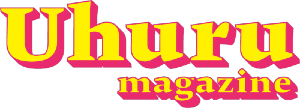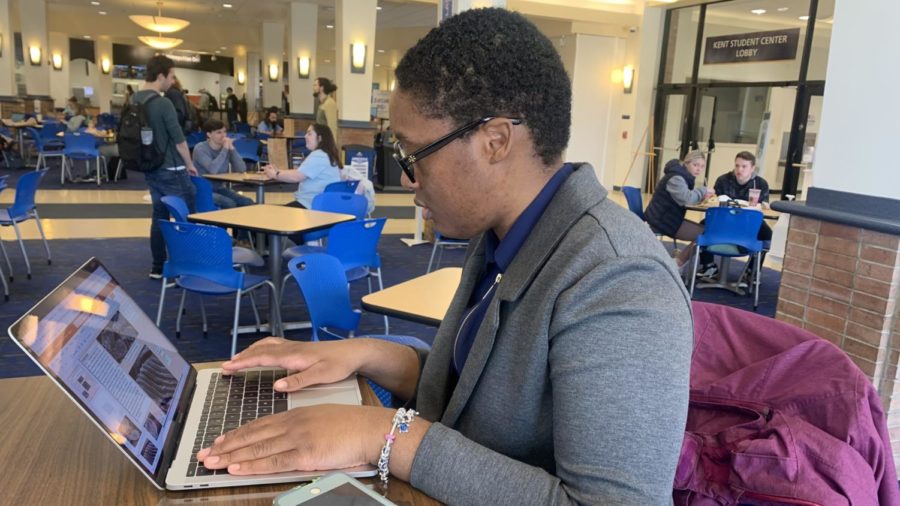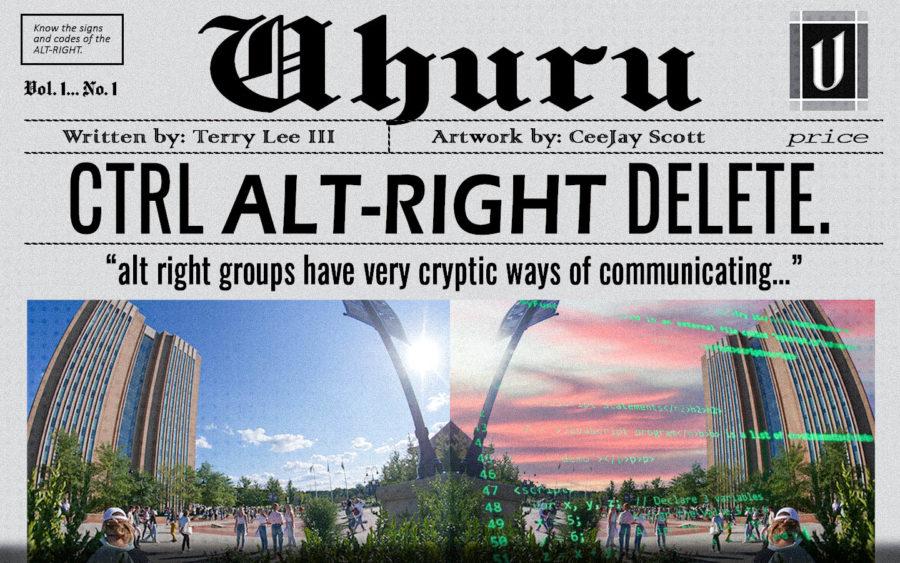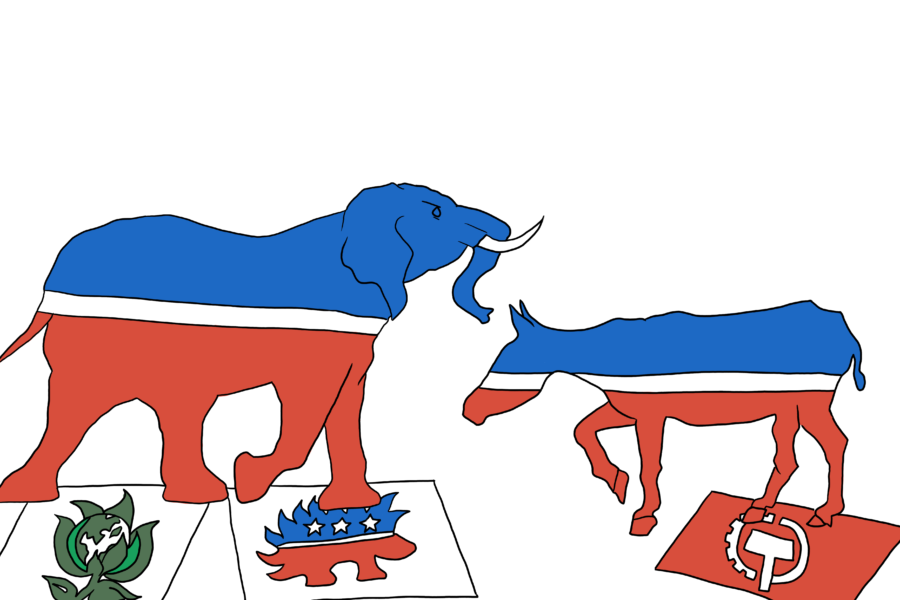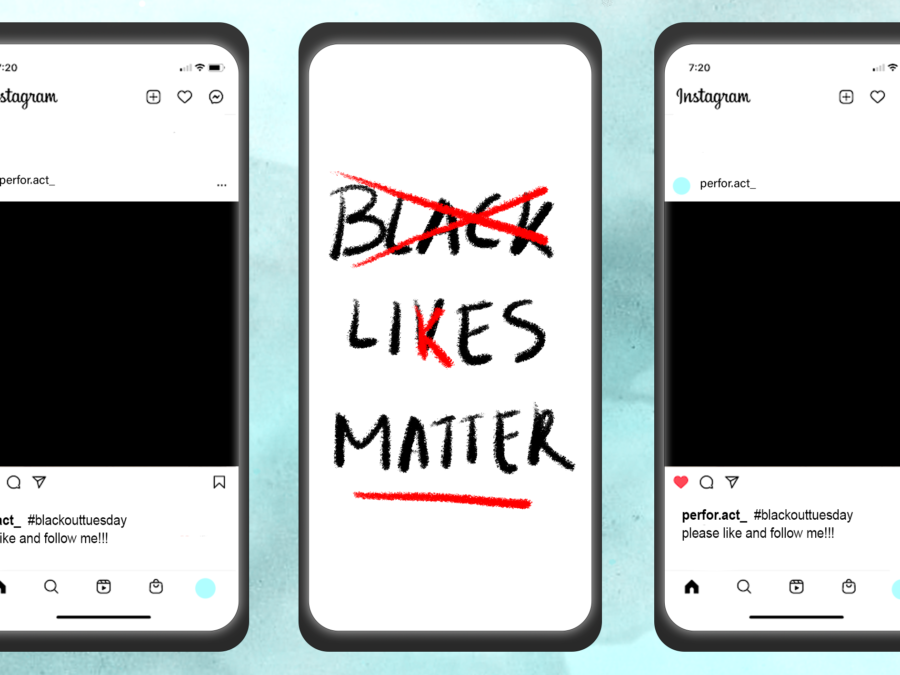“The concept of identity is a complex one, shaped by individual characteristics, family dynamics, historical factors and social and political contexts.”
The above quote comes from “The Complexity of Identity: ‘Who Am I?’” written by Beverly Daniel Tatum. In this passage, she talks about the multiple individual characteristics (which can be interpreted into identities) we have that shape us as an individual.
When asking the question, of “Who Am I?,” it is important to ask that question in the context of one’s past, present and future. In the article, Tatum mentions that when asking a group of their psychology students to complete this sentence “I am _____,” a large proportion of students of color and those who grew up in ethnic enclaves mention their racial and ethnic groups.
Within the context of marginalized and underrepresented groups, the activation of identity Is a daily process, especially in the identification of the ‘in-group’ and the ‘out-group.’
“There is a privilege in not having to identify,” said Anna Hutchinson, Teaching fellow in Political Science and Political Science PhD Candidate. “The historical elements of identity groups don’t get activated…until another group has threatened their identity.”
Socioeconomic status also plays a large factor in how people identify. When looking at The Henry J. Kaiser Family Foundations analysis on income in the United States, which is characterized as federal poverty percentages, there was a large amount of ethnic populations who live in poverty within the 2016 Poverty Rate by Race/Ethnicity timeframe. Those apart of ethnic groups who live in or around the margins of poverty often practice social identity via social categorization.
Those social categorizations create the foundations of those ‘in-groups’ and ‘out-groups.’ An example of such is: two individuals are both on different margins of poverty. Individual A is living within poverty and individual B is one economic status above the poverty line. These individuals organically create these in and out groups because one group has something the other does not, whether it be political, economical or social.
These political elements of identity have created a salient environment where change is always challenged at the expense of the out-group. Through these challenges, we see the outward expression of identity more publicly, which leads to further differentiation and the creation of more in and out groups.
It is important to remember that the complexity of identity has so many intercessions, which makes each group and more importantly each individual so unique.
The Complexity of Identity
Donate to UHURU Magazine
Your donation will support the student journalists of Kent State University - Uhuru Magazine. Your contribution will allow us to purchase equipment and cover our annual website hosting costs.
